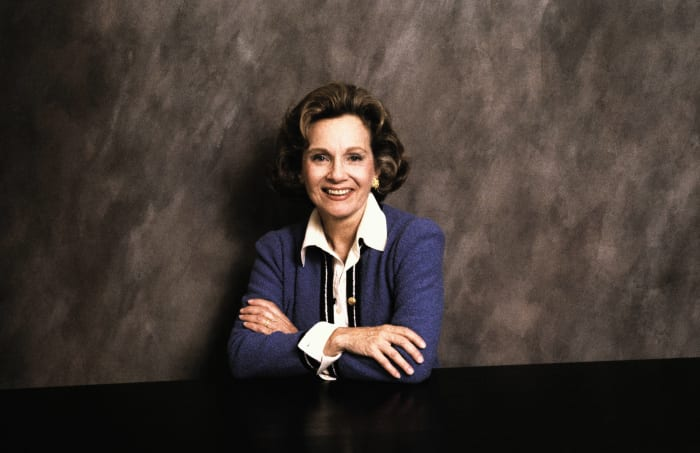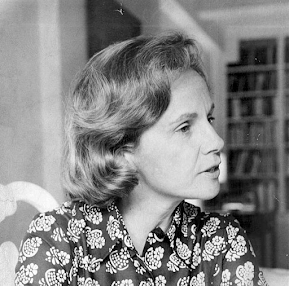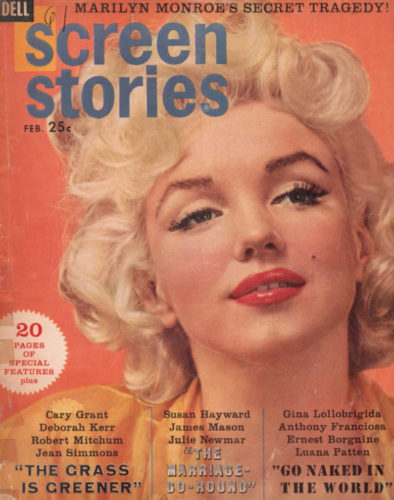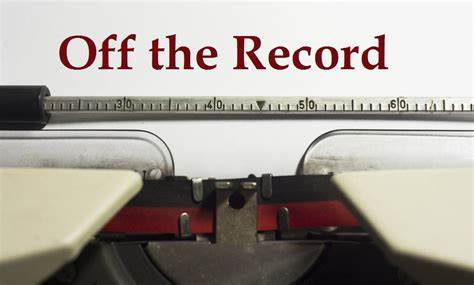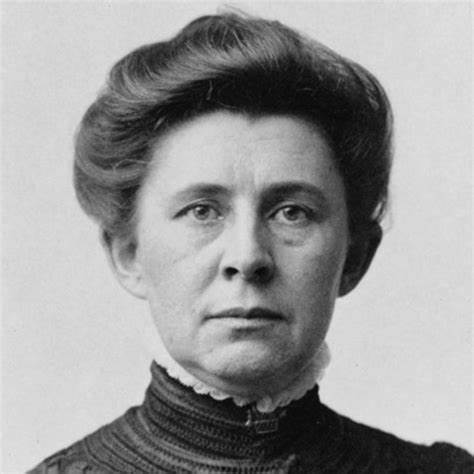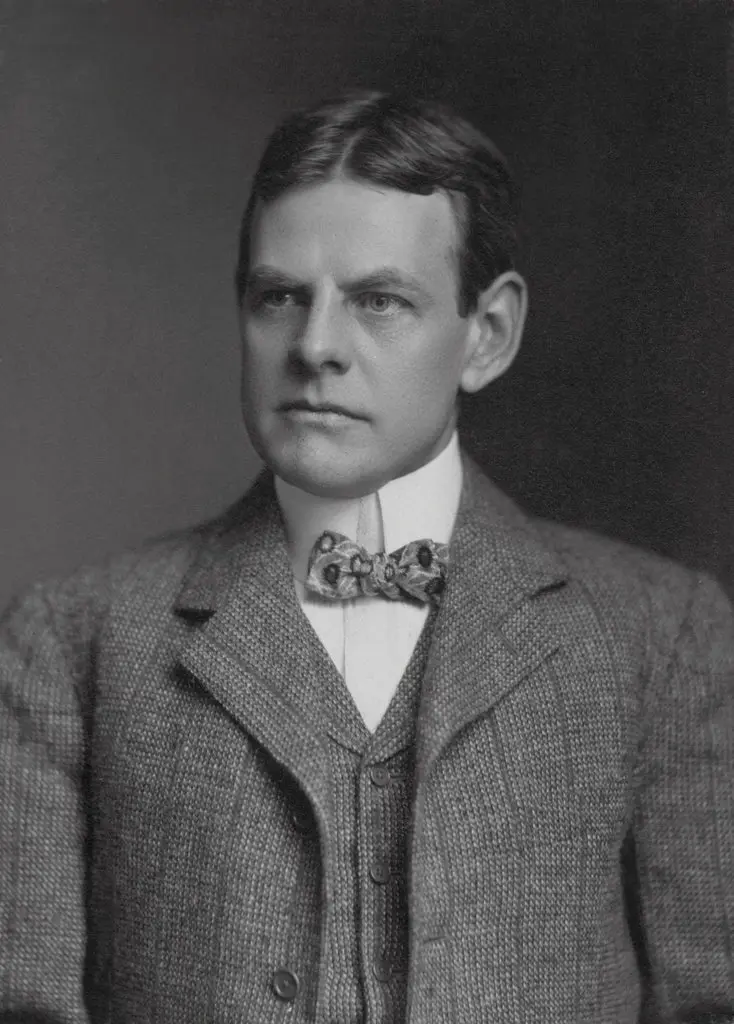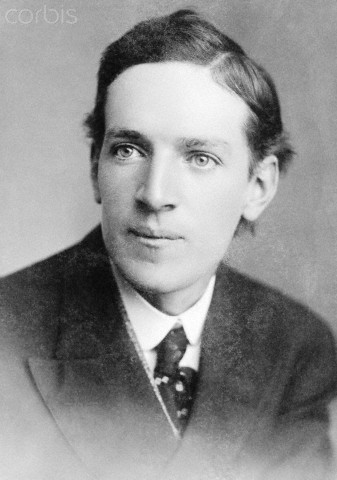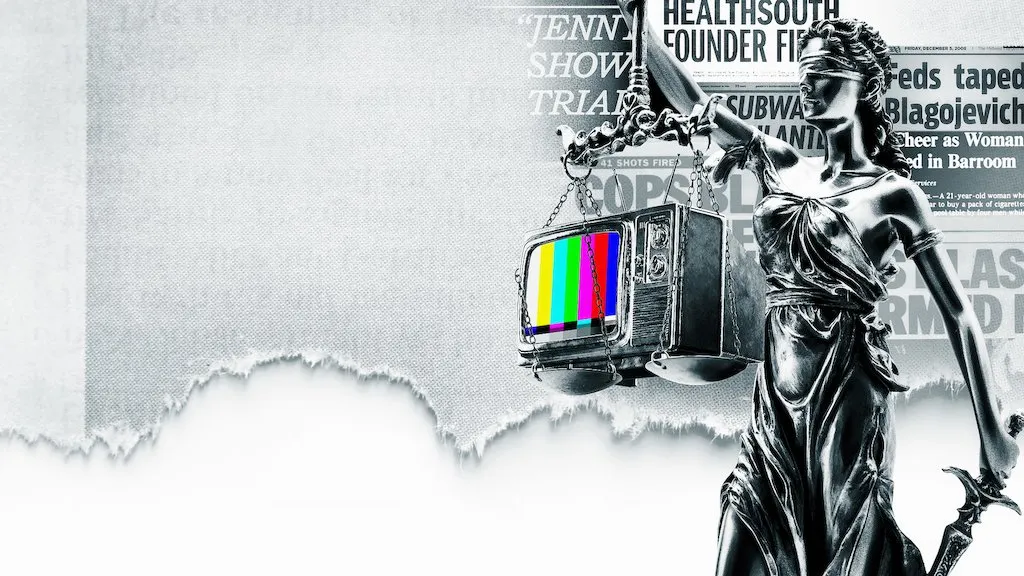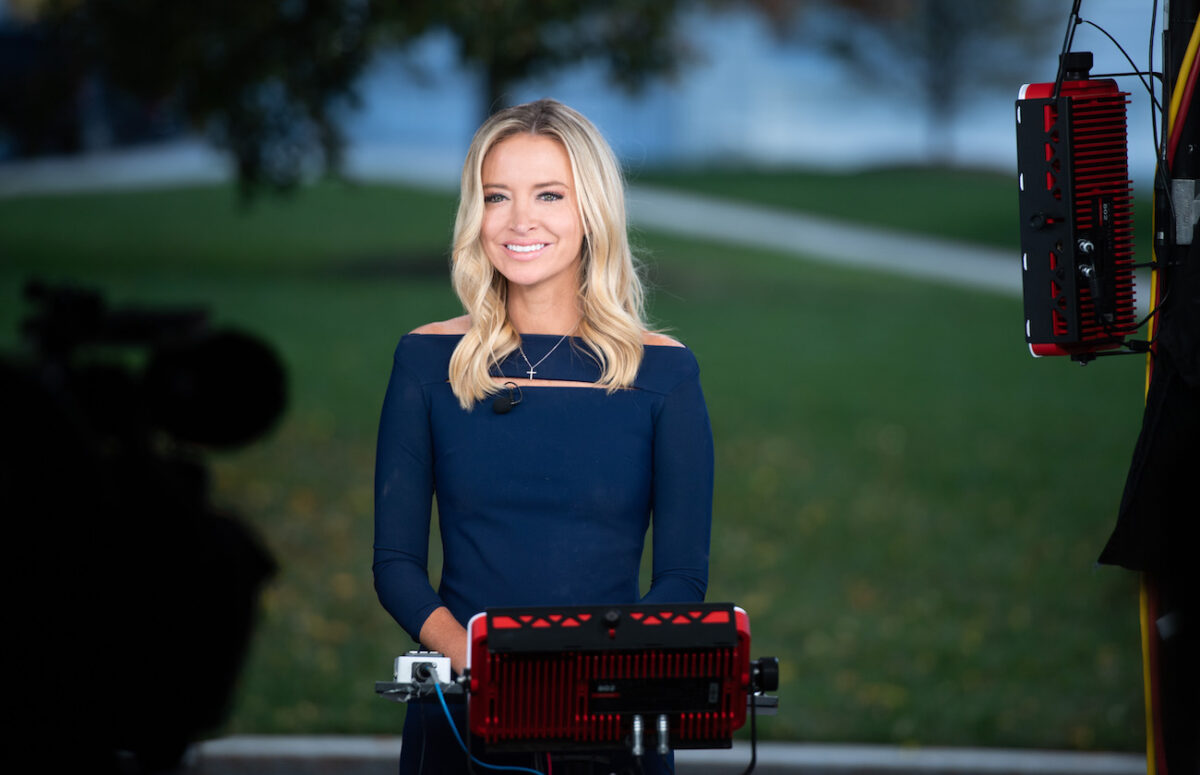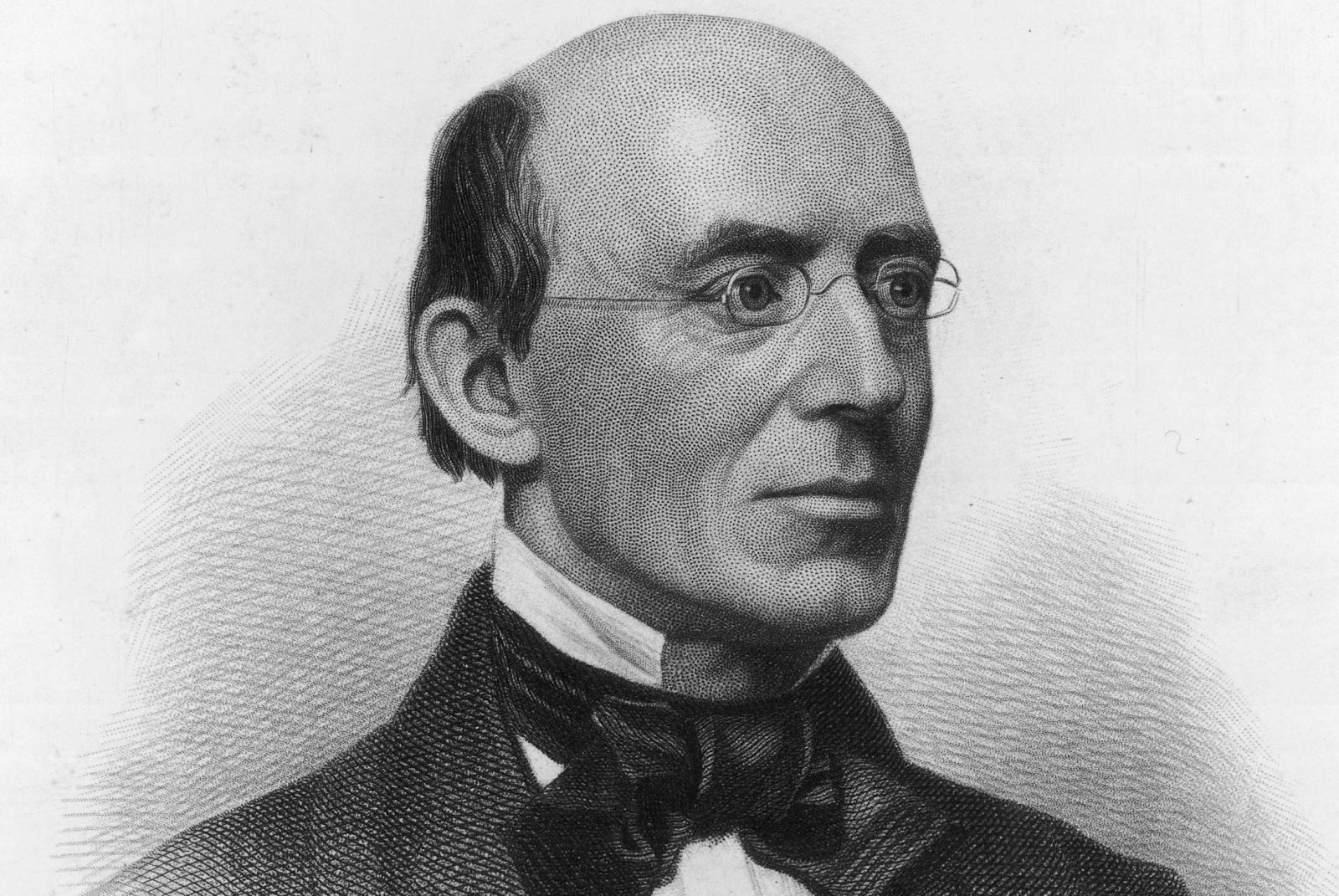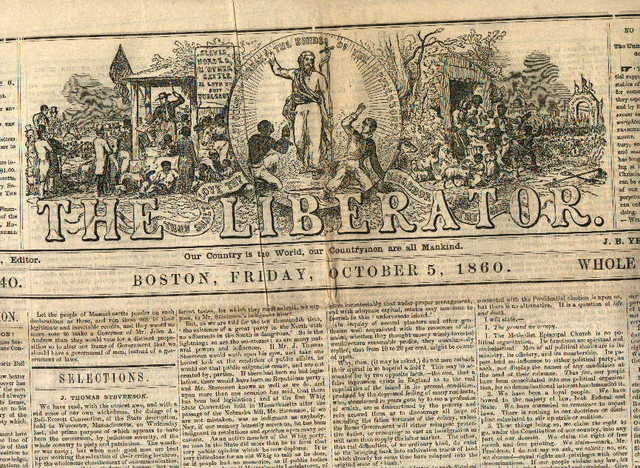The Oxford definition for journalism is as follows: "the activity or profession of writing for newspapers, magazines, or news websites or preparing news to be broadcast."
This is a textbook way of defining journalism as a whole. It's a decent, simple definition. It's straight to the point and it an accurate description.
The only problem is that there is much, much more to journalism than that surface-level definition.
One of my favorite journalists, Katie Couric.
It's a profession that has been around for a long time. It's an occupation that employs reporters from all around the world. Journalism is the vessel for transporting news to the public. The world is the primary journalistic audience. Everyone is exposed it, no matter what.
In recent years, journalism has been considering to be a "dying" profession. Less and less people are wanting to become journalists, but is the field really dying off?
No. It's changing.
The problem is that it isn't changing for the better. In the last several years, journalism as a whole has taken a turn for the worst.
Streams of misinformation, censorship and false reporting have leaked into our society, now flooding every major news outlet and chipping away at any and all credibility that journalism has left.
Former White House press secretary, Kayleigh McEnany, is now a co-host on Fox News.
Only 36% of adult Americans trust the media. This number is growing more and more every year because the number of people getting fed up with false news is increasing.
In high school, I took a foundational print journalism course. Writing had always been my strong suit, and I wanted a class where I could really put my skills to the test.
I loved that journalism class. My teacher encouraged me, and she told me over and over that I had a real knack for it. I decided my junior year of high school that journalism was going to be my declared major...and I haven't changed it since.
That was when I really started to get into discovering what journalism was all about. It didn't take me very long to learn that it isn't exactly a well-liked profession. I was seeing all the claims of "fake news" and "misinformation" being spread all over.
I was also just getting to the age where I could comprehend and understand how it was affecting our nation. Journalism was turning sour, and it was turning quickly.
I believed that the media could be pointed back in the right direction. I still believe that. It's never too late to try to change something for the better.
That's my greatest motivation to be a journalist.
Of course there are other aspects about journalism that drive me. I love interviewing sources and telling the stories that I think the world needs to hear. Those stories are the ones that resonate with people. The ones that make a lasting impact.
I believe that all stories in journalism have potential. The honest, thorough stories are the most impactful. That's been proven over and over again.
Yet somewhere along the way, we lost that honesty.
I want to be a journalist because I believe that there's still a chance and time to save it. I have no doubt that corrupted media has played a significant part in the polarization of the country. At the same time, I have faith that a healed media can bring it back together.
I think that true, genuine journalists can repair the media from the inside out.
My only hope is that there are enough aspiring journalists like me that share that same dream.
I'd be lying if I said that I didn't have my reservations about becoming a journalist. I'm more aware of the reality of being a reporter now than I was two years ago when I started my college journey.
I've struggled on and off with my decision to be a journalist. I've lost sleep over it. I've definitely had a meltdown about it.
What if I can't take the heat of all the people who are going to be against me? What if I can't stand up against the ones trying to silence me?
I've questioned over and over again whether or not I'm cut out for this.
Even as a current junior, I've thought about changing my major. I've considered completely starting over on my major credits just because I fear that I don't have what it takes. This is a profession that will chew you up and spit you out if you aren't prepared for it.But what I've learned is that it can only ruin you if you let it.
As I said, my greatest motivation for journalism is reuniting this nation through the media. I believe it can be done.
And my only hope is that there are other aspiring journalists who want the same.



